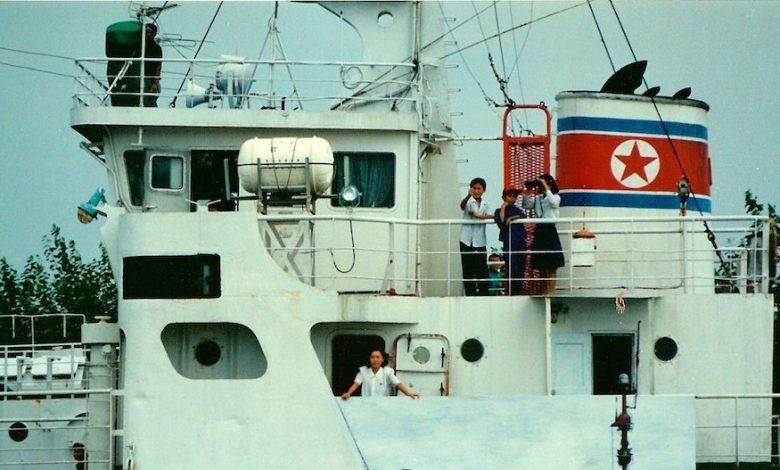Shipping warned sanctions inflation is running ‘red hot’

The minefield shipping faces in avoiding dealing with sanctioned entities has become far more treacherous in recent years.
Exclusive data provided to Splash shows that the number of vessel-related sanctions has leapt by 380% in the 2020s so far.
Splash reported earlier this week on how vetting platform RightShip has integrated London Stock Exchange Group’s (LSEG) World-Check into its platform to allow end-users, including charterers, financial institutions, traders, port authorities and shipowners to screen and assess vessels and the maritime companies that they do business with for risks associated with sanctioned or embargoed vessels.
Sanctions is a crucial aspect of due diligence across the supply chain
Aggregating the five major sanctions authorities from Australia, the European Union, the United Nations, the US and the UK, there has been a significant rise in companies or vessels on the RightShip platform that have been sanctioned.
In the space of the first year of Russia’s full-scale invasion of Ukraine, for instance, the number of sanctioned vessels around the world leapt by 43%.
“LSEG has based on its World-Check observed that annual sanctions inflation is running red hot at 20% as of January 2024, although it has moderated from its peak in July 2023,” commented Steen Lund, RightShip’s CEO.
Around 69,000 individuals and entities are now sanctioned globally. World Check data shows that as of January 2024 approximately 12,000 entities – comprising companies, individuals, specific vessels – have been subjected to vessel related sanctions, up from around 2,500 in January 2020.
“Sanctions is a crucial aspect of due diligence across the supply chain,” Lund told Splash, adding: “What’s very clear is that there’s literally an inflation in sanctions as the world has grown from a historical focus on geographical sanctions around single countries to a far more fluid and diverse sanctions regime including even individual parties.”
The US Department of the Treasury’s Office of Foreign Assets Control (OFAC) took additional sanctions action earlier this week on two shipowners and vessels for their alleged links in helping Iran aid the Houthis in their ongoing attacks on merchant shipping in and around the Red Sea.
“In the main, it is not too difficult to establish which companies or ships are legitimate and acting legitimately, but you have to know what you’re doing and you have to have sufficient time to conduct the exercise,” commented James Wilkes, who runs British maritime consultancy Gray Page.
“Where companies run into difficulty it is because they have cut corners in their due diligence or chosen to look past information which points toward illicit and sanctioned activities,” Wilkes added.
